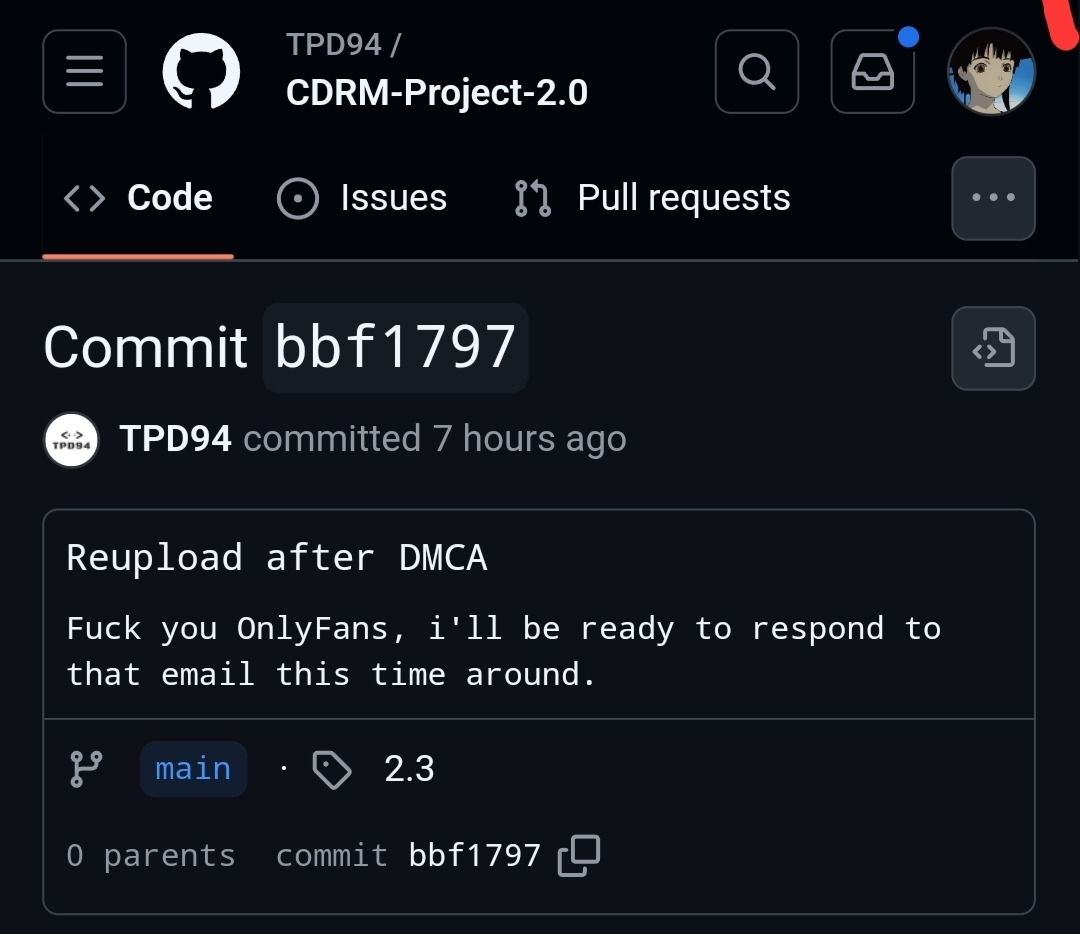Top level shitposting
Fijxu
Just as a note, NVIDIA on Linux is not bad, BUT IS REALLY ANNOYING because you will get some random bugs that are only exclusive to NVIDIA cards. Like this one: https://forums.developer.nvidia.com/t/non-existent-shared-vram-on-nvidia-linux-drivers/260304
If you have a low VRAM NVIDIA GPU and you want to play a modern game, you will have a bad time. (However, AMD and Intel should work just fine lolol)
Ubuntu lol
RECURSION!!!
Thanks meow
I don't trust cloudflare. That is just a JS CDN that pulls a file, but is still gathered from an external server. In my case, when I have to use CDNs to use a JS library, I just download the file and host it locally.
You don't own the CDN, is controlled by other people, which means that of course is less private to the end user, and more insecure since you rely on the people running the CDN and the author or the library. What would happen if the library author/authors get hacked and they add malicious code to the library? (Asumming it doesn't contain a integrity attribute like the one on your example).
Is better to trust yourself, it doesn't cost you anything to download a few kB of a JS file and serve it directly from your server. The page is not going to load 2s faster if you use a JS CDN
And no one wants this to occur to their websites: https://fossa.com/blog/polyfill-supply-chain-attack-details-fixes/
How do you guys can see a deleted comment wtf. I deleted it for a reason, because I noticed that my comment was dumb and stupid after I posted it
Man, does ANYONE needs this? Probably no one. This addition is just another way to force people to use AI so they can gather more personal information about that person. Specially with Notepad.
Will people be able to do thing without AI on the future if it's being pushed so hard on everything? Like, they want to make our brains smoother and dumber lol
I was going to say this. Linus took some months to think about the design of Git before even writing it.

Get kids out of social media